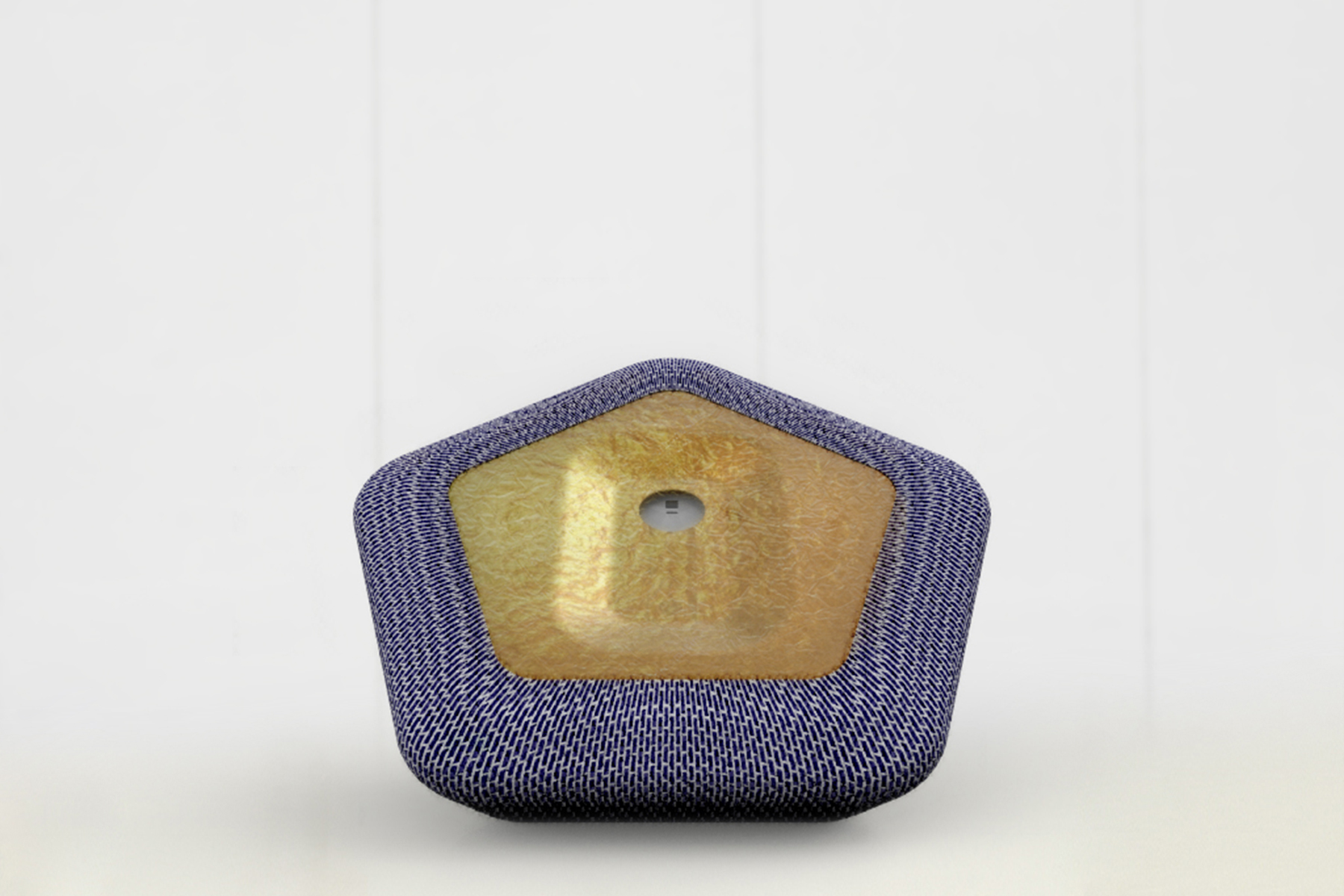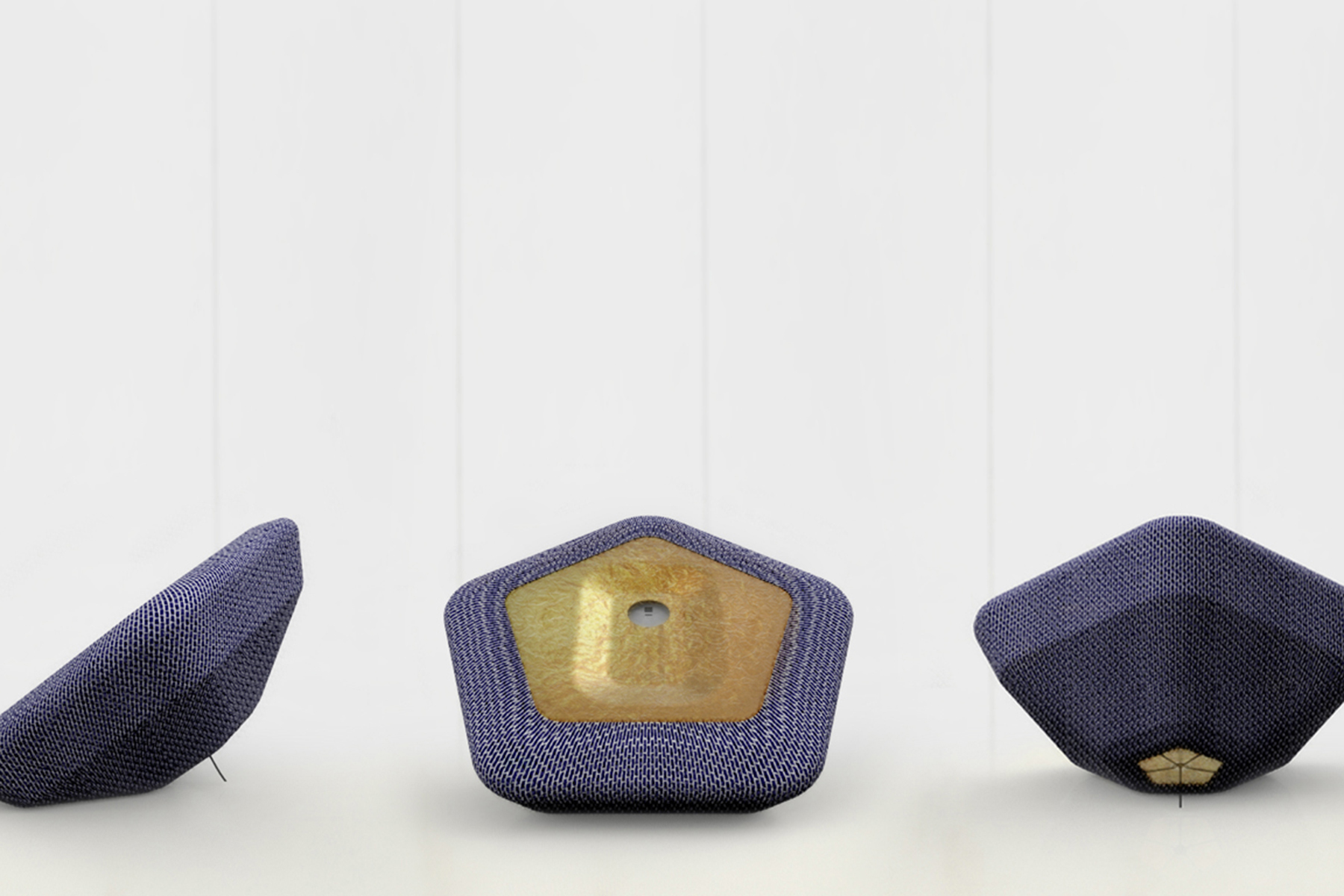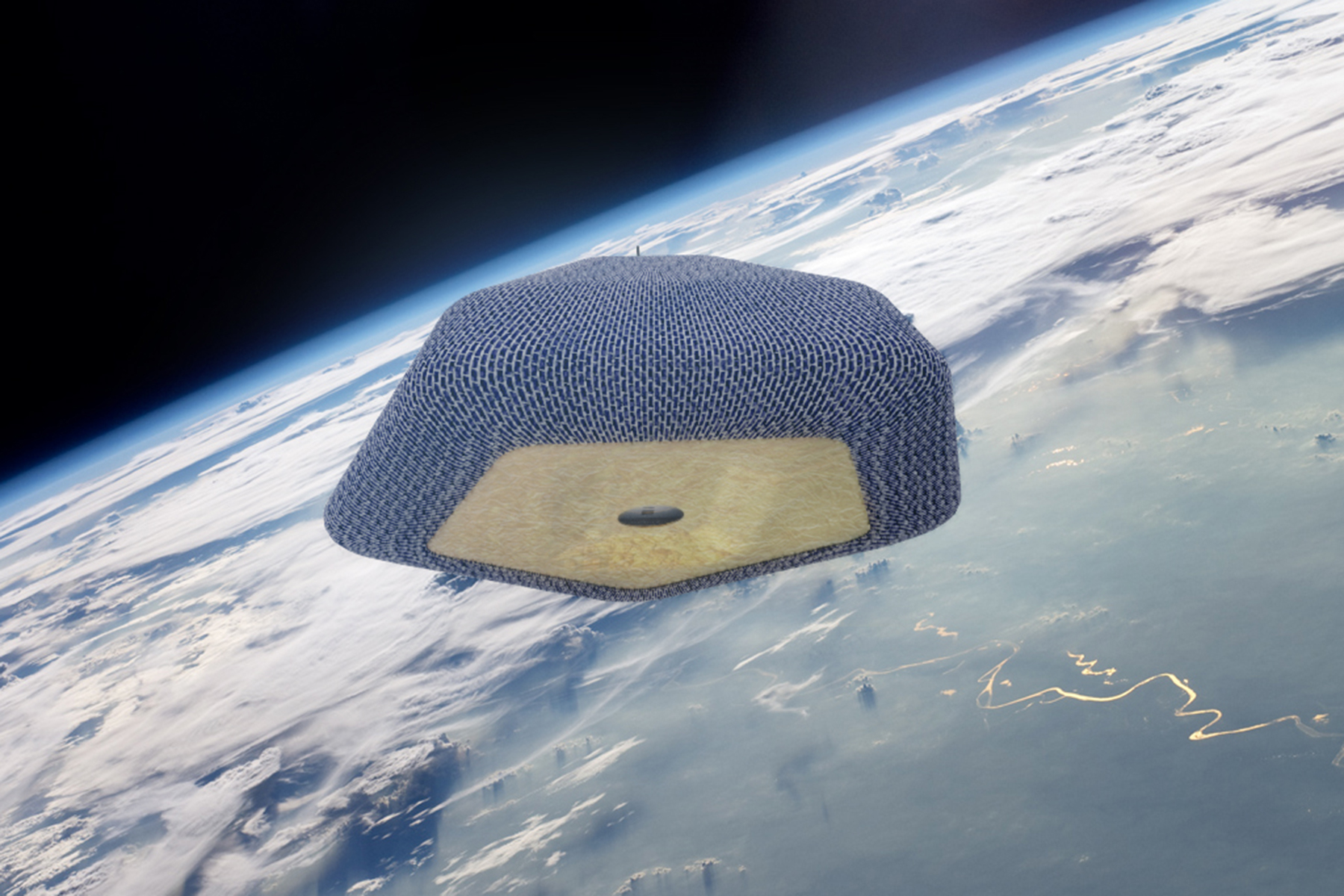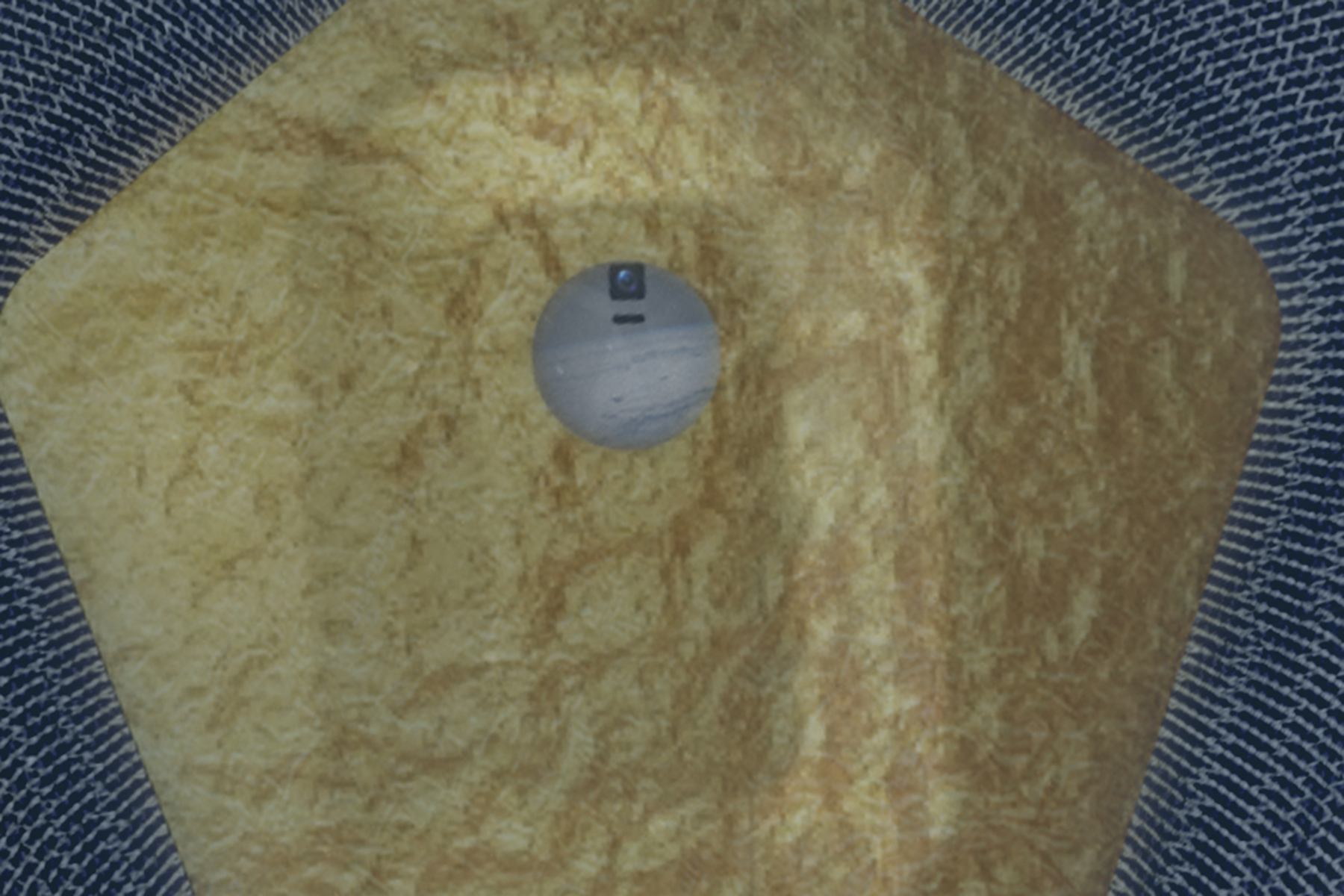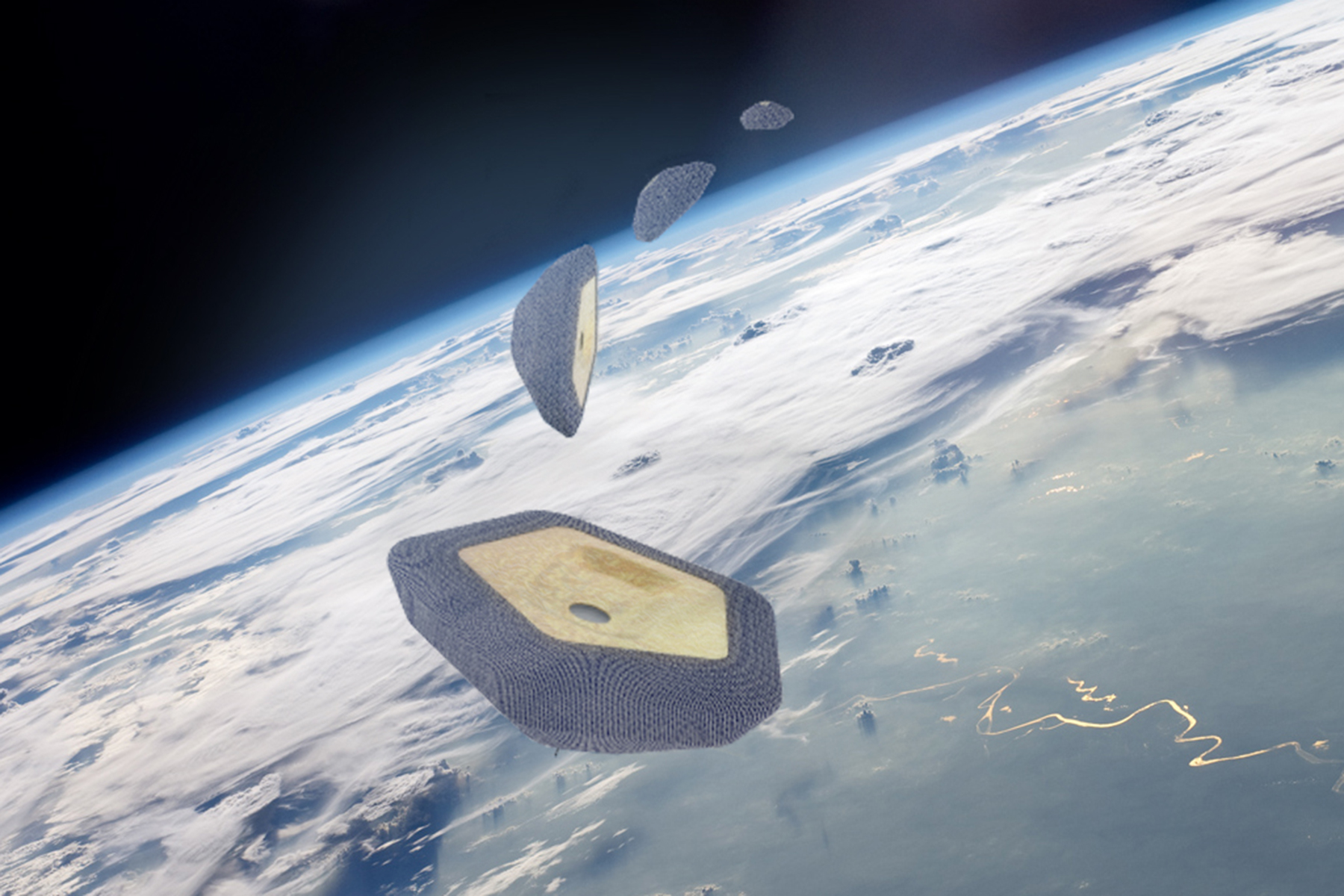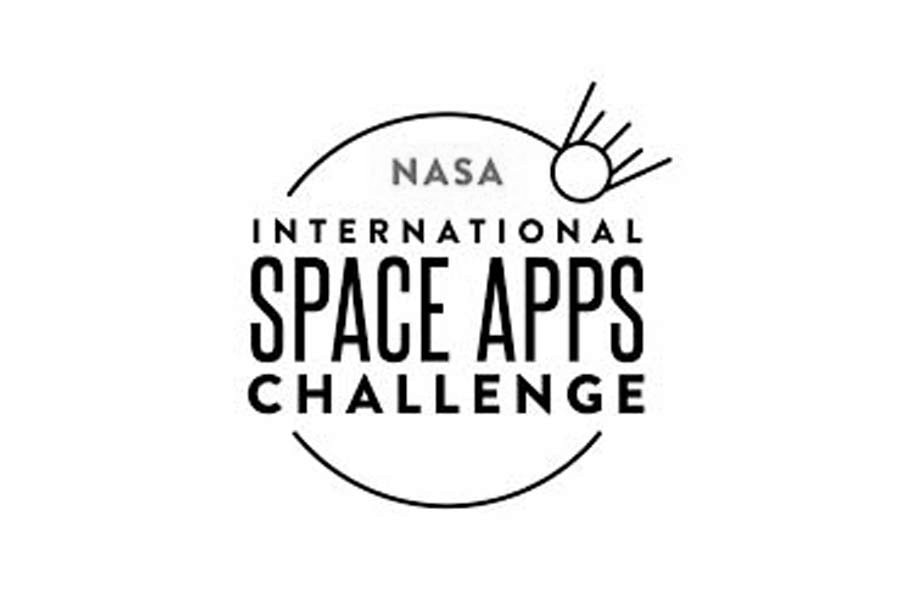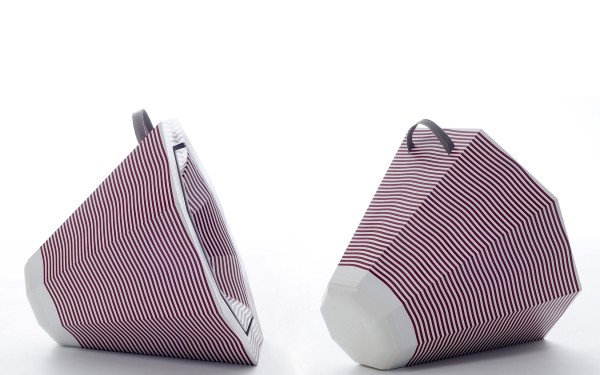Observing the Earth or a celestial body from space has become essential for understanding the physical universe, modelling climate change or making the information society work. As space becomes more and more accessible, the cost of designing, manufacturing and putting such tools into orbit remains astronomical, and can run into the hundreds of millions of euros.
Yet our smartphones are packed with sensors and their computing power is constantly increasing. They are now powerful enough to capture, process and communicate data collected en masse in space.
Thanks to a multidisciplinary approach combining design, electronics, computing and geomatics, a team comprising Guillian Graves, Julien Tricheux, Jeoffrey Jardin, Muriel Ferneini and Kawtar Sayegrih has developed a low-cost alternative to the traditional satellite: Swarm Xplorer.
Swarm Xplorer is a nano-satellite designed to make space data collection accessible to as many people as possible.
Its design is based on the use of a smartphone to capture data and images in space, and a Raspberry Pi nanocomputer to control it all. The use of these miniature devices means that the size and mass of the satellite can be kept to a minimum, dropping below 10 kg compared with 500 kg to several tonnes for a traditional satellite. The impact of this principle on costs is not negligible, and makes it possible to increase the number of devices deployed in space by operating as a swarm. The result is a multiplication of the data captured, processed and then communicated.
In space, this equipment is confronted with a hostile environment. A flexible envelope made up of different layers is designed to protect these instruments from destructive radiation, capture solar radiation to supply the device with energy and then ensure communication with the other surrounding satellites and the ISS, which will be responsible for transmitting the information gathered back to Earth once it has been placed in orbit.
In short, the Swarm Xplorer satellite goes against traditional approaches to observing the stars from space. By taking a low-tech, low-cost approach, Swarm Xplorer hopes to help open up this field of research to as many people as possible.
